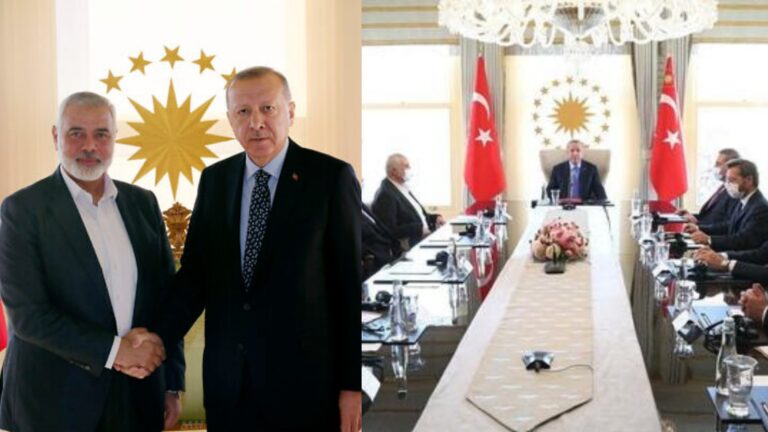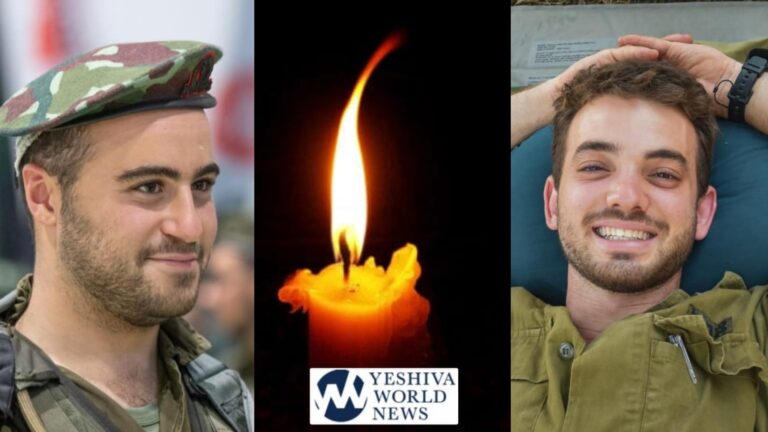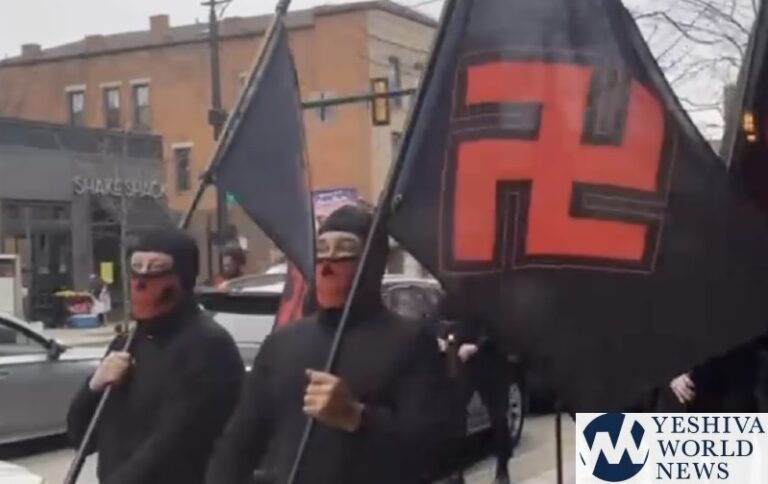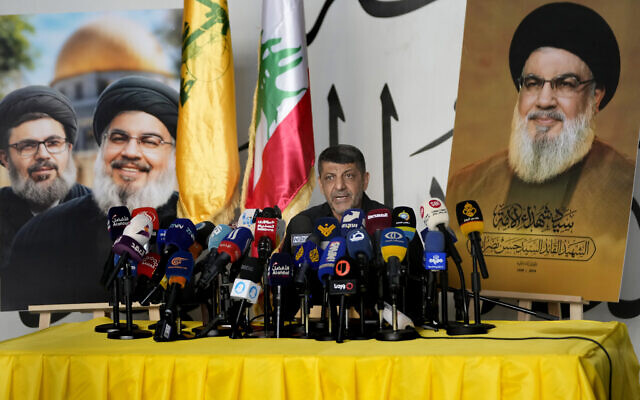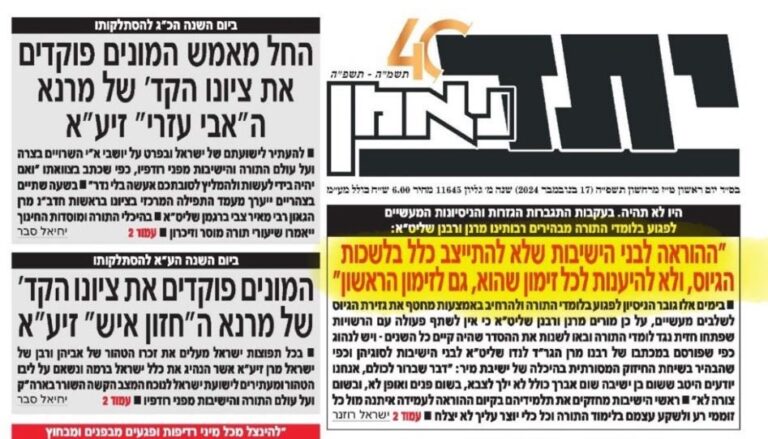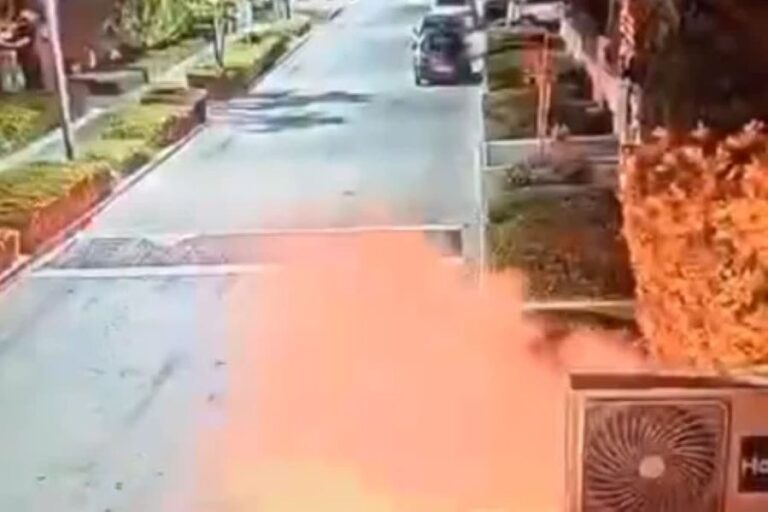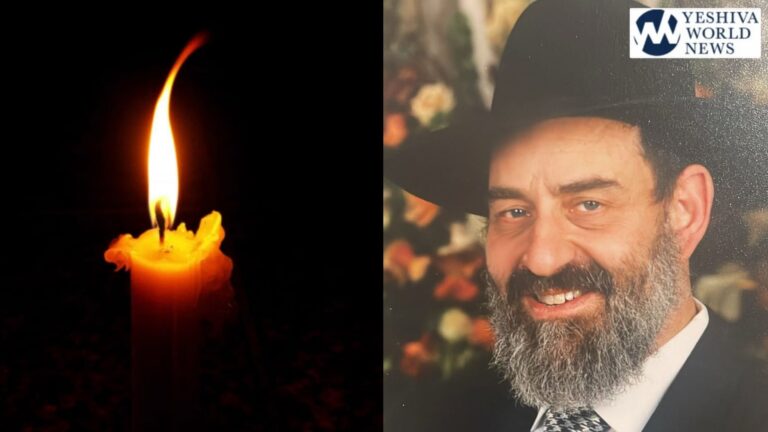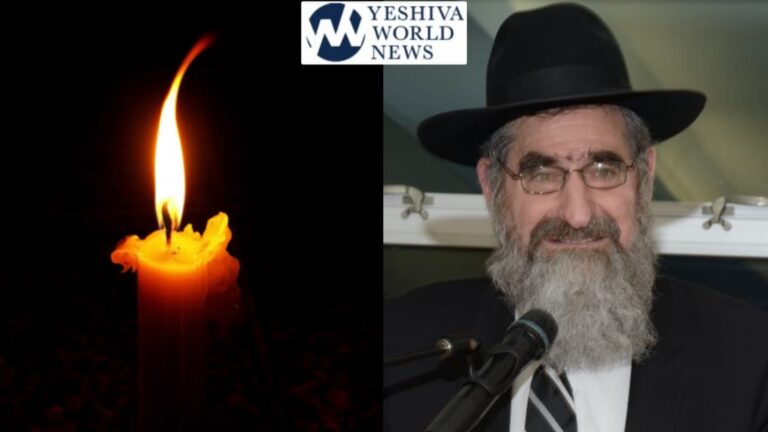In this week’s parsha we read about the highly anticipated return of the spies, who were sent to eretz Yisroel ahead of bnei Yisroel, to check out the Promised Land for them.
The pasuk states (13; 28) that after the spies’ returned from eretz Yisroel they immediately began speaking of their disapproval of the land. Bnei Yisroel started crying and getting anxious about the Promised Land. The Zohar says that the Meraglim saw in nevuah that they would lose their jobs, as soon as they entered eretz Yisroel, and in order to maintain their positions there they lied about their experience. This would prove as if they had ill intentions from the beginning.
Immediately following these false reports the pasuk says ‘Calev silenced the people to [hear about] Moshe, and he said….’ (13; 30). Rashi continues and tells us that he began with the words ‘is this the only thing ben Amram did to us?’ (13; 30) Everyone quieted down and Calev had the floor. He began singing the praises of Moshe Rabbeinu. He continued and said ‘he also split the sea for us; he gave us Mann and he gave us meat…’ Later on, in sefer Devarim, Hashem said that Calev was given tremendous reward for his act of silencing the crowd.
The question that comes to mind is that you’re right he may have silenced the crowd but he didn’t put out the fire. What are we crediting Calev for if he didn’t accomplish anything? He didn’t solve the problem at the time; all he did was get them to tune down a bit until they started up again. Why was he deserving of such high praise and great reward?
Reb Moshe Feinstein, zt”l, says that we find in Shulchan Aruch that one may be mechael Shabbos to save another’s life even if it’s a chayei sha’ah-a short lived life (and they may die anyways shortly). The reason being is because a short lived life is still a life. Says Reb Moshe that the same is true with regard to ruchniyus; even if someone makes a commitment and it is short lived, it’s still substantial. Even though Calev stopped them for a little bit-chayei sha’ah- it was extremely valuable. It was therefore that Hashem said that what Calev had done called for incredible reward.
Many times people try to be better by making kabalos and undertaking greater challenges, but get frustrated when it doesn’t last as long as they had hoped it would. Unfortunately, people give up. We must understand that the few days we controlled ourselves in the eyes of Hashem is tremendous. Just because one didn’t overcome it completely does not mean it went unnoticed in the eyes of Hashem and a person shouldn’t frown upon even a minimal of success-because it’s still better.
I heard from a friend, in the name of Reb Yisroel Reisman (Brooklyn, NY), that one of the members of his shul looked depressed shortly after the siyum haShas. When the Rov approached him and asked if all was alright he replied that he felt bad. Every seven years he committed to finishing Shas and as soon as he completed Meseches Brochos he started to fall behind and eventually droped out; cycle after cycle. Rabbi Reisman responded ‘that’s great! Every seven years you finish Brachos!’ He’s right; every accomplishment, big or small is always tremendous in the eyes of Hashem-and it should be in ours too. Just because it doesn’t last as long as we anticipated doesn’t mean it was in vain.
Although we may not have reached our ultimate goal, the fact that we have succeeded up until now is something that shouldn’t be light in anyone’s eyes. We should continue to accept upon ourselves to make kabalos in order to grow. The yetzer horah will always tell us, why start if you will never finish. Our response should be that we might have not crossed the finish line but look how far we are from the starting block. Slowly, step by step, we will all accomplish until we ultimately cross the finish line.

